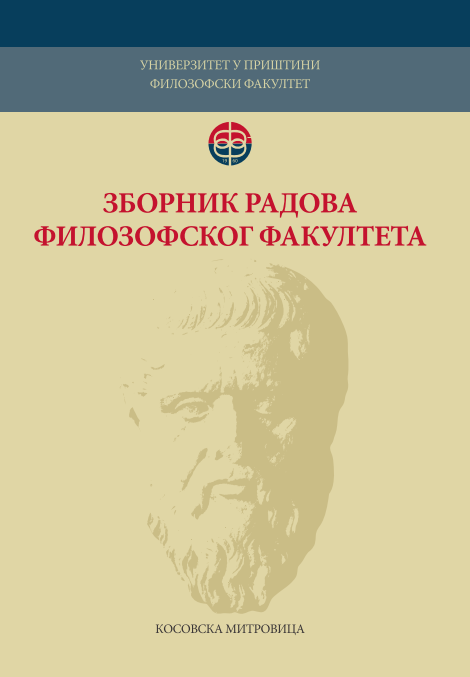„Критични период“ у избору стратегија за учење страног језика
A "critical period" in the use of language learning strategies
Author(s): Vesna Pilipović, Tatjana GlušacSubject(s): Language studies, Language and Literature Studies, Foreign languages learning
Published by: Филозофски факултет, Универзитет у Приштини
Keywords: foreign language learning strategies; strategic competence; age of learners; primary school
Summary/Abstract: Age of students is one of the factors that may significantly influence the use of language learning strategies. The aim of this paper is to determine whether there is a "critical period" when primary school learners tend to change their use of strategies and what sort of changes are taking place then. The results presented here were obtained in the second phase of the research investigating the use of strategies among primary school students in Novi Sad (Serbia). The results of the first phase, carried out two years earlier, showed statistically significant differences between the two groups of students, aged 10 (N=48) and 14 (N=41) and higher use of all strategy categories by younger participants. The next phase was conducted two years later only with the younger group of students who were now aged 12 (N=40). The goal of the second phase of the research was to examine whether maturation and transition to the stage of abstract thought (Piaget, 1972) had any influence on students' use of strategies. The instrument used in this research was Strategy Inventory for Language Learning (SILL) designed by Rebecca Oxford. Data analysis included a comparison of the frequency of strategy use reported in two studies in the range of two years. The results show statistically significant differences within the same group of students over the two-year period and a considerable decline in the use of all types of strategies. Moreover, their preferences of strategies also changed and became closer to preferences reported by fourteen-year old participants during the first phase of the research, suggesting that there might be a common trend in strategy use influenced both by the educational system and the changes related to maturation. These results, showing lower strategy use in correlation with age, are inconsistent with the results of studies conducted in other educational systems, indicating the need for further investigation in this area and considerable improvement of strategic competence of primary school students in Serbia.
Journal: Зборник радова Филозофског факултета у Приштини
- Issue Year: 47/2017
- Issue No: 1
- Page Range: 149-165
- Page Count: 17
- Language: Serbian

